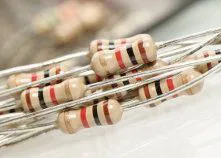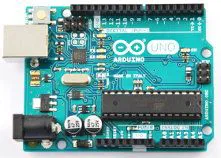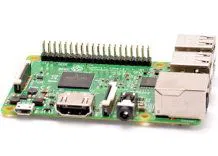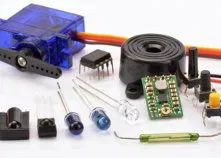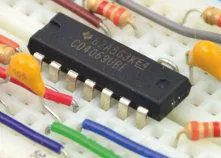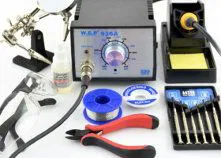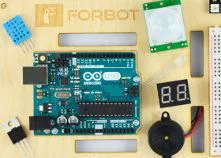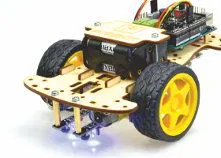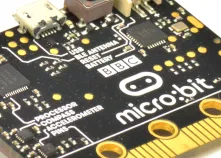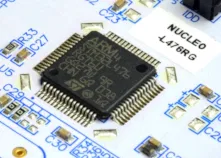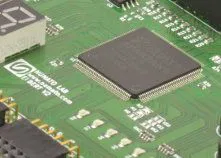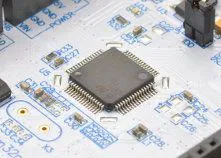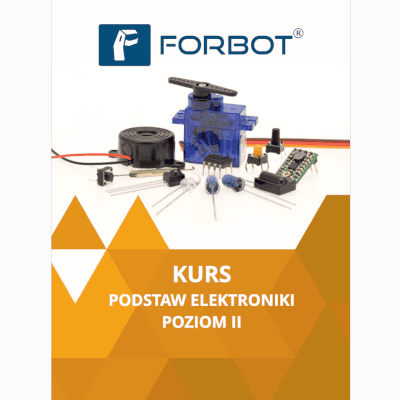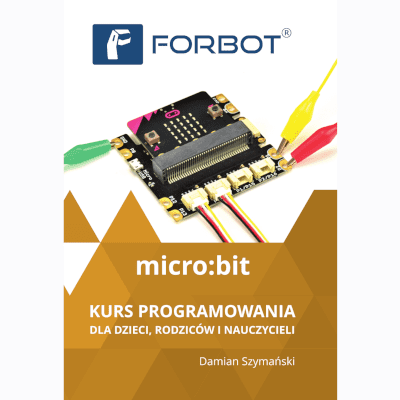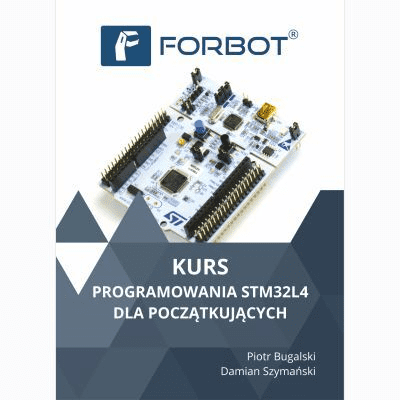Table of Contents:
Think about how many times a day you use equipment that directly or indirectly depends on precise measurement of fluid flow.
You may not realize it, but from the coffee from the coffee maker in the morning, to the cooling systems in our cars, to the complex manufacturing processes in factories – everywhere more or less advanced liquid flow sensor plays a very important role.
What specifically is this device?
How does it work?
Where, besides the examples mentioned in this introduction, can it be used?
Check out the answers to some of the most important questions!
What is a liquid flow sensor?
Liquid flow sensor is a device designed to monitor and measure the rate at which a fluid (such as water) moves through a given system. This can be a pipe, channel or any other conduit through which the fluid flows.
With these components, you can get accurate information about the amount of liquid flowing per unit of time, which is usually expressed in liters per minute.
Precise measurements not only enable efficient management of industrial processes, but also help to maintain safety, optimize raw material consumption and minimize losses.
How does the liquid flow sensor work?
Principle of operation flow sensors can be based on different physical effects, depending on their type.
For example, popular electromechanical flow sensors use a turbine, which is the key measuring element.
When liquid flows through the sensor, its pressure acts on the turbine blades, causing them to rotate.
This dynamic action is the basis of the measurement, since the speed of the turbine is directly related to the rate of fluid flow.
In turn, the Hall sensor is responsible for converting the movement of the turbine into electrical data Hall sensor, which is the essential electronic component of this system.
The magnet, located on the turbine shaft, rotates with the turbine and moves near the stationary Hall sensor.
Each rotation of the turbine and movement of the magnet past the sensor generates an alternating magnetic field, resulting in the induction of a small electrical voltage.
This voltage, further converted into pulses, is counted by the measuring system.
With the appropriate algorithm, the system is able to accurately determine the amount of liquid that has flowed through the sensor.
Electromechanical liquid flow sensors are not the only type of such devices.
For example, ultrasonic models use the Doppler effect to measure the velocity of a liquid, sending and receiving ultrasonic waves that change their frequency depending on the movement of the liquid.
Each type of sensor has its own unique applications, advantages and limitations.
What is the liquid flow sensor used for?
As already mentioned, the liquid flow sensor is a device with a wide range of applications.
Here are some key examples:
1. industrial process monitoring
In the chemical, pharmaceutical or food industry, accurate monitoring of ingredient flow is critical to the quality of the final product.
Flow sensors allow precise dosing of liquids, which is essential in processes such as mixing drug ingredients or beverage production.
2. management of HVAC systems
In heating, ventilation and air conditioning systems, liquid flow sensors are used to monitor and regulate the flow of cooling or heating medium.
This makes it possible to maintain optimal thermal conditions in buildings and increase the energy efficiency of the systems.
3. optimization of irrigation systems
In agriculture, liquid flow sensors are used to monitor and control the amount of water delivered to crop fields.
This ensures efficient use of water resources, increases crop yields and helps protect the environment.
4. water consumption management and leak detection
In water supply systems, flow sensors help monitor water consumption, including identifying unusual flow patterns, which can indicate leaks or other problems in the network.
5. electronics hobby projects
For electronics enthusiasts and do-it-yourselfers, liquid flow sensors open up a wide range of possibilities for creating innovative projects, such as automatic plant watering systems, smart aquariums or fluid management systems for modeling.
They provide opportunities for experimentation and learning through the practical application of electronic and programming knowledge.
Many simple flow sensors are ready to be plugged into boards, for example Arduino.
What to look for when choosing a flow sensor?
When selecting liquid flow sensor it is important to consider several key aspects to ensure that the device is optimally matched to the needs and requirements of the application.
First of all, define the type and properties of the fluid to be measured, such as its conductivity, viscosity, possible presence of solids and chemical composition.
These factors can significantly affect the choice of sensor type, as different technologies (such as ultrasonic or electromagnetic) have different sensitivity to these parameters.
Also consider the operating conditions under which the sensor will function, including the temperature and pressure range, which has a direct impact on its durability.
Another aspect is determining the required accuracy and measurement range of the sensor.
The accuracy should be matched to the specifics of the process – in some critical applications, such as drug dosing, very high precision is required, while in others, such as monitoring overall flow in HVAC systems, lower accuracy may be acceptable.
The measurement range must match the expected flow rates in the system to avoid situations where the sensor is unable to register flow rates that are too low or too high.
In addition, pay attention to ease of installation, ability to integrate with existing systems, and operating costs.
How useful was this post?
Click on a star to rate it!
Average rating 0 / 5. Vote count: 0
No votes so far! Be the first to rate this post.




